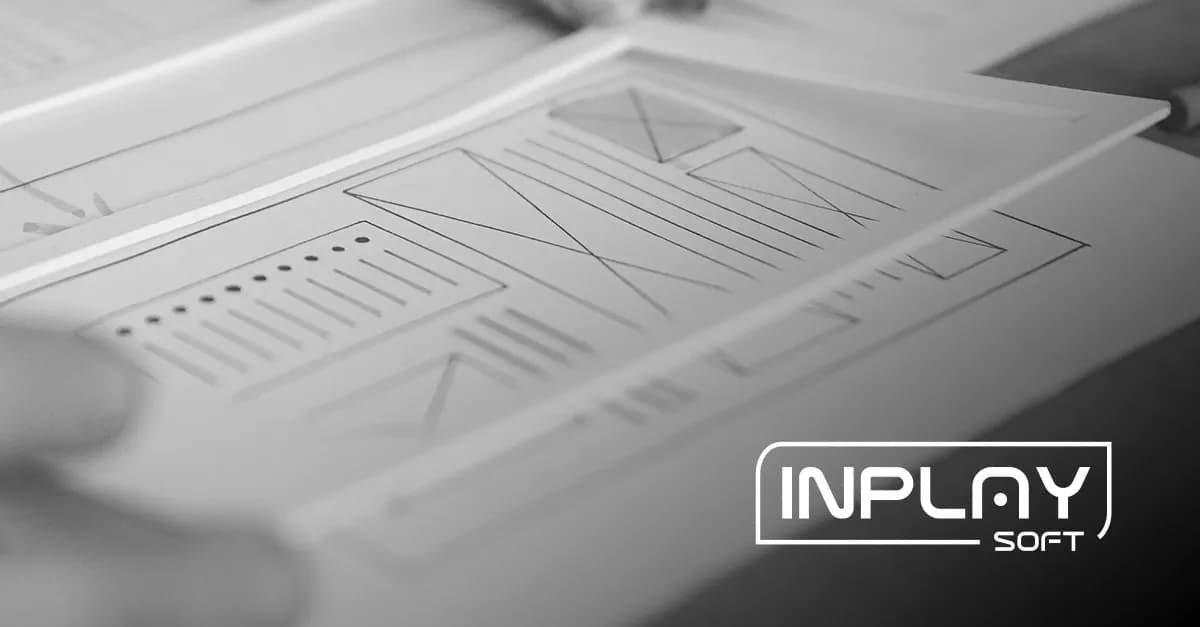
As Brazil rolls out its long-awaited gambling regulations, responsible gambling isn’t just a box to check anymore - it’s the name of the game. From stricter rules to rising public awareness, the message is clear: protecting players is now a top priority. For iGaming operators eyeing Brazil’s booming market, staying compliant isn’t just a legal necessity - it’s essential for brand respect and trust. So buckle up, because in this article we’ll unpack the rules, risks, heated debates, and why having the right iGaming software provider as a partner might just be your jackpot move.
Regulatory Framework in Brazil.
On January 1st 2025, Brazil started to write a new chapter in its history as iGaming regulations came into effect. Law No. 14.790/2023, sanctioned by President Luiz Inácio Lula da Silva in December 2023, officially established a legal structure for fixed-odds betting on both sports and non-sports events, which include online casino-style games, under the jurisdiction of the Secretariat of Prizes and Bets (SPA) and of the Ministry of Finance.
The new regulations - which you can see here - include responsible gambling measures that must be adopted by iGaming platforms. Key ones are:
- Self‑exclusion tools: voluntary cooling‑off or exclusion periods (24 hours up to six weeks or indefinite), with operators prohibited from sending promotional content during these periods.
- Deposit and betting limits: players can set their own caps - regulators are considering mandatory limits to prevent excessive losses.
- Behavioral monitoring: operators must track play patterns and flag at‑risk users.
- Advertising restrictions: bans on influencer advertising that glamorizes gambling or misleads about personal success; “Play responsibly” alone is ruled insufficient.
- Payment restrictions: credit cards are prohibited for bets; strict AML and identity verification, including CPF database integration, are required.
Risks for not Complying.
If you own an online casino or sports betting website in Brazil, you will want to have all the responsible gambling measures in place - trust us on this one. The risks for not complying with the regulations include:
- License revocation or suspension: operators can have their license suspended and/or blocked.
- Lawsuits and public actions: the Public Defender’s Office in Rio de Janeiro has filed legal action against 43 providers, accusing them of failing to adequately disclose risks and enforce safe‑gambling measures.
- Loss of trust: players will lose trust in brands that don’t have responsible gambling measures and opt for competitors.
- Fines: fines for not complying with regulation can go up to R$ 2 billion (US$ 360 million).
- Blacklisting: companies may never be able to obtain new licenses in the future and lose access to Brazil’s potentially huge market.
- Bans: individuals may be banned from holding board positions.
Debates Around Responsible Gambling in Brazil.
The first six months of regulated bets in Brazil were marked by lively debates around responsible gambling. From heated government statements to lawsuits and industry pushback, the topic has sparked more controversies than a World Cup final.
On one side, authorities and public defenders are raising red flags about addiction and lack of player protection. On the other, operators argue that overregulation could do more harm than good. The result? A national conversation that’s as complex as it is crucial, with the future of Brazil’s iGaming landscape hanging in the balance.
From the government side, Finance Minister Fernando Haddad has strongly criticized the online betting industry. Haddad called bets a “public health emergency” and stated that, if he could, “he would press the stop button” on all online gambling. Furthermore, he said that if addiction isn’t controlled, betting might be banned entirely.
The betting industry, in turn, argues that effective regulation, not prohibition, is the proper path. They warn that blocking influencer marketing for licensed operators could inadvertently drive customers to illegal offshore sites, which operate without accountability or player protections.
Advertisements.
Another issue that has generated a lot of controversy in Brazil is online gambling advertisements. Legal cases from consumer protection and public defense organizations stress that current advertising practices are insufficient and push for stronger, measurable limits, such as time‑outs, betting alerts, and dashboards showing user history.
ANJL, Brazil's National Gaming and Lottery Association, has been working with broadcasters and regulators to curb illicit advertising and support responsible messaging in media campaigns.
Trends for Responsible Gambling in Brazil.
So, what’s next for responsible gambling in Brazil? Spoiler alert: the debates are not going to slow down.
As regulators tighten the screws and technology steps up, a wave of smarter, sharper, and more player-focused tools are on the horizon. Trends include AI-driven alerts, national self-exclusion lists, and stricter ad controls - “play responsibly” is about to get a serious upgrade. So let’s take a look at where things are headed (and how to stay ahead of the curve):
- National self‑exclusion registry: SPA plans a centralized database of players who self‑exclude or are barred by law to prevent re-registration across platforms
- AI‑driven monitoring: operators will deploy automated tools to detect at‑risk behavior and offer proactive interventions, like session alerts or mandatory cooling‑offs, modeled on mature international markets.
- Enhanced compulsory limits: regulators may impose mandatory betting or loss limits for new or high‑risk players.
- Tighter marketing controls: influencer and affiliate marketing will remain under scrutiny, with SPA potentially banning or heavily regulating sponsored content that appeals to vulnerable groups or disguises risk.
- Judicial scrutiny: as Brazilian courts encounter cases involving gambling harm or self‑exclusion failures, judicial decisions will help define operator duty, similar to UK precedents where accepting a self‑exclusion request creates legal responsibility.
Benefits of Software Providers With Integrated Responsible Gambling Tools.
So what can iGaming operators do to make sure they are compliant with all the new regulations in Brazil? Well, one solution - the best solution, in our humble opinion - is to have a software provider that has integrated responsible gambling tools. Some of the main benefits include:
- Embedded self‑exclusion and exclusion tools: letting players swiftly exclude, pause, or restrict gambling.
- Behavioral analytics and intervention engines: auto‑flag at‑risk players, send alerts, restrict access, provide educational messages or offer support channels.
- Limit settings: allow players to set deposit/time limits and enforce those across sessions and devices.
- Compliance monitoring: automated tracking of advertising, affiliate content, payment methods, and messaging to ensure legal compliance.
- Reporting and audit trails: generating regulatory reports, incident logs, and dashboards accessible to SPA auditors and internal compliance teams.
Be a Responsible Operator with InPlaySoft.
InPlaySoft has integrated responsible gambling tools so that our partners don’t have to worry about all the new regulations and the risks of not complying with them. Not only that, we also offer KYC and AML tools for safety, have a cloud-first approach so that platforms can scale automatically, and have a stability like no other - since we first started operating in 2021, our uptime is 100%.

